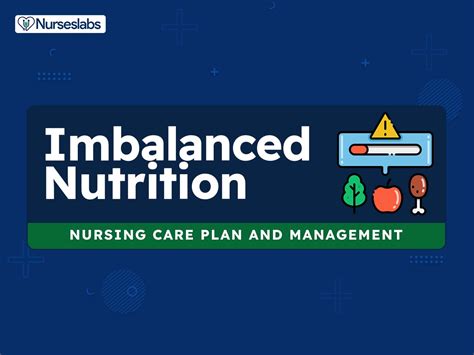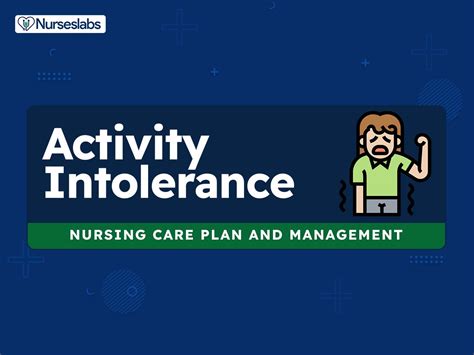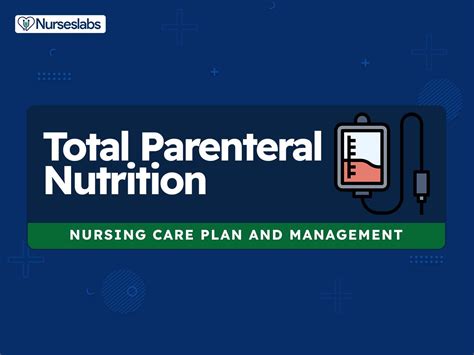Maintaining a healthy weight becomes increasingly important as we age, especially for the elderly, as it directly impacts overall well-being and quality of life. Proper weight control can help prevent chronic illnesses, improve mobility, and enhance mental health. This guide provides essential tips for elderly nutrition, focusing on a balanced diet, adequate hydration, regular physical activity, mindful eating, and the importance of monitoring weight and health. Additionally, it emphasizes the value of seeking professional guidance from dietitians or healthcare providers. By following these strategies, older adults can manage their weight effectively and enjoy a healthier, more fulfilling life.
Discover the intricacies of this topic with ujocis.net
1. Balanced Diet: Emphasize nutrient-dense foods, portion control, and regular meal timing.
A balanced diet is essential for the elderly, as it provides the body with the necessary nutrients for optimal functioning. The foundation of every meal should be nutrient-rich foods, including fruits, vegetables, whole grains, lean proteins, and healthy fats. These foods offer vital vitamins, minerals, and antioxidants that contribute to overall health and help mitigate age-related health challenges.
Portion control is equally crucial, as metabolism naturally slows with age, decreasing our calorie requirements. Consuming smaller, balanced portions helps prevent overindulgence and contributes to maintaining a healthy weight.
Maintaining a regular meal schedule is crucial for effective weight management and sustained energy levels. Consistent eating patterns help to stabilize blood sugar, diminish the likelihood of overeating, and foster digestive well-being. Encouraging older adults to consume three balanced meals daily, complemented by nutritious snacks when necessary, can substantially enhance their overall health and facilitate weight management.

2. Hydration: Importance of adequate water intake and recognizing signs of dehydration.
Staying hydrated is vital for older adults, but it’s a factor that’s frequently neglected. Our thirst cues become less noticeable with age, making dehydration a common and often unrecognized issue. Maintaining adequate water intake is crucial for essential bodily functions, including temperature regulation, digestive processes, and joint lubrication.
Elderly individuals should strive to consume at least eight glasses of water daily, though this recommendation may fluctuate based on individual requirements and health status. It’s essential to distribute water intake evenly throughout the day rather than consuming large volumes at once. Including water-rich foods such as fruits, vegetables, and soups in the diet can also contribute to maintaining adequate hydration.
Spotting the signs of dehydration is crucial for your health. Common symptoms include a dry mouth, feeling tired, dizziness, and urine that appears dark in color. If dehydration becomes more severe, it can lead to confusion, urinary tract infections, and even require hospitalization. Staying hydrated by drinking plenty of water and being aware of these symptoms can greatly improve your overall well-being and help prevent dehydration-related problems.

3. Regular Physical Activity: Incorporate low-impact exercises like walking, swimming, and strength training.
Staying physically active is crucial for seniors to maintain a healthy weight and overall well-being. Engaging in low-impact exercises, like walking, swimming, and strength training, can greatly improve mobility, muscle strength, and cardiovascular health, all while minimizing stress on the body.
Walking offers a simple yet powerful way to stay active. It benefits cardiovascular health, assists in weight management, and can be easily integrated into daily routines. From leisurely strolls around the neighborhood to brisk walks in the park, walking supports fitness and improves mood.
Swimming is another excellent, low-impact exercise offering a full-body workout. The water’s buoyancy minimizes stress on joints, making it ideal for individuals with arthritis or joint pain. Swimming benefits cardiovascular health, strengthens muscles, and enhances flexibility.
Strength training, using light weights or resistance bands, helps to maintain muscle mass, a process that naturally declines with age. This form of exercise enhances bone density, improves balance, and increases overall strength, ultimately reducing the risk of falls and fractures.
By making these activities a regular part of their routine, older adults can significantly improve their physical and mental well-being. This can help them maintain a healthy weight and lead a more active life.

4. Mindful Eating: Encourage slow eating, recognizing hunger cues, and avoiding emotional eating.
Mindful eating is a potent practice that can assist the elderly in maintaining a healthy weight and fostering a more positive relationship with food. This practice emphasizes fully engaging with the eating experience, encompassing recognizing hunger signals, savoring every bite, and avoiding emotional eating.
Mindful eating emphasizes the importance of slow eating. By savoring each bite, thoroughly chewing, and appreciating the flavors, textures, and aromas of food, older adults can enhance their digestion and experience greater satisfaction with smaller meals. Eating slowly also enables the body to signal fullness, thereby preventing overindulgence.
Paying attention to hunger cues is crucial. Elderly individuals should be encouraged to eat only when they genuinely feel hungry, rather than out of habit or boredom. This practice promotes mindful eating, leading to healthier food choices and preventing unnecessary calorie consumption. It’s essential to self-reflect and determine if eating is motivated by genuine physical hunger or by emotional factors like stress, loneliness, or boredom.
Keeping your weight in check requires a mindful approach to eating, particularly when it comes to emotions. Stress, sadness, or loneliness can trigger overeating, often leading to unhealthy comfort food choices. To combat emotional eating, find healthy alternatives to cope with these feelings. Engaging in hobbies, socializing with loved ones, or practicing relaxation techniques can effectively reduce the urge to seek comfort in food.
Mindful eating practices can empower elderly individuals to take charge of their dietary choices, leading to improved weight management and a greater sense of well-being.
5. Monitor Weight and Health: Regular weight check-ins and keeping track of health markers.
For older adults, monitoring weight and health is crucial for successful weight management and overall well-being. Regular weigh-ins help track progress and highlight any unexpected changes that may require attention. Establishing a consistent weighing schedule, such as weekly or monthly, provides valuable insights into weight trends, ensuring that any deviations are addressed promptly.
Beyond monitoring weight, it’s crucial to track vital health indicators. These include blood pressure, blood sugar levels, cholesterol levels, and body mass index (BMI). Regular visits with healthcare professionals allow for assessment of these markers, offering a complete picture of an individual’s overall health.
Keeping a health journal or utilizing digital tools to document weight and health metrics can streamline the tracking process. This facilitates the identification of patterns or trends. This valuable information enables adjustments to dietary and exercise routines when necessary. Furthermore, it aids in making well-informed decisions regarding healthcare and potential lifestyle modifications.
Vigilance regarding weight and health indicators empowers older adults to effectively manage their health. By monitoring these markers, they can proactively prevent potential issues and make appropriate adjustments to their routines. This proactive approach supports their overall well-being and facilitates their weight control efforts.
6. Professional Guidance: Consult with dietitians or healthcare providers for personalized advice.
For older adults, seeking professional guidance is vital for successful weight management and overall health. Dietitians and healthcare professionals provide customized advice that takes into account individual dietary needs, medical conditions, and lifestyle preferences. Their expertise ensures that weight control strategies are tailored to each person’s unique situation, enhancing their effectiveness and long-term sustainability.
Dietitians are skilled in crafting personalized meal plans that emphasize nutrient-rich foods, mindful portioning, and well-balanced nutrition. They offer expert guidance on managing specific health conditions, including diabetes, hypertension, and heart disease, which can significantly impact dietary choices. Consulting with a dietitian allows older adults to receive practical advice on incorporating healthy eating habits into their everyday lives and addressing any nutritional gaps.
Healthcare providers are crucial for monitoring overall health and offering tailored guidance based on individual medical history and current well-being. Routine check-ups enable them to track progress, adjust treatment strategies, and identify any emerging health issues. Furthermore, they can provide valuable advice on safe physical activity, medication management, and other health aspects that influence weight control.
Collaborating closely with dietitians and healthcare providers empowers older adults to develop a balanced approach to weight management and overall well-being. This ensures that their strategies are tailored to their individual needs, promoting both effectiveness and appropriateness.
ujocis.net

